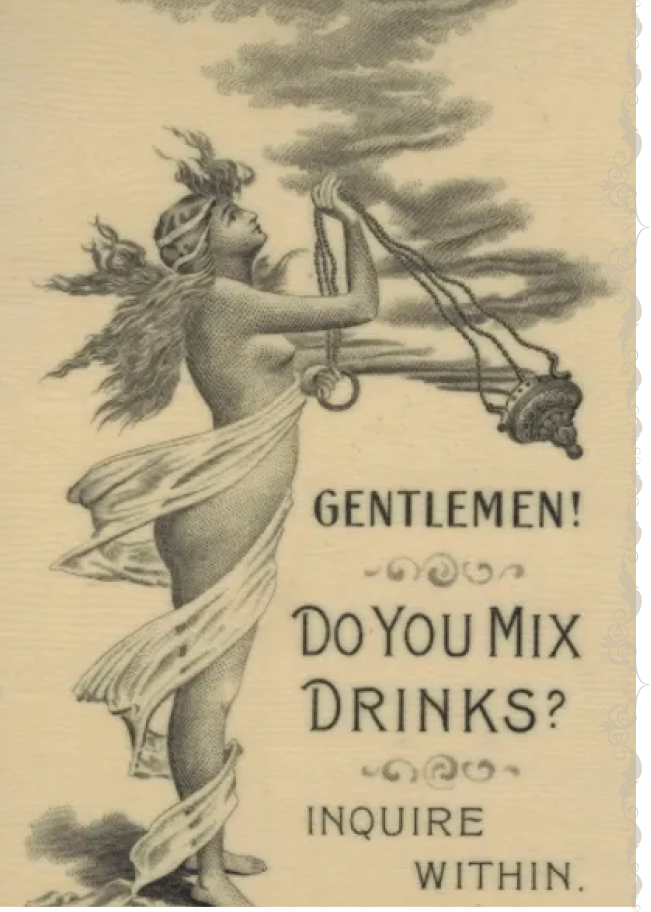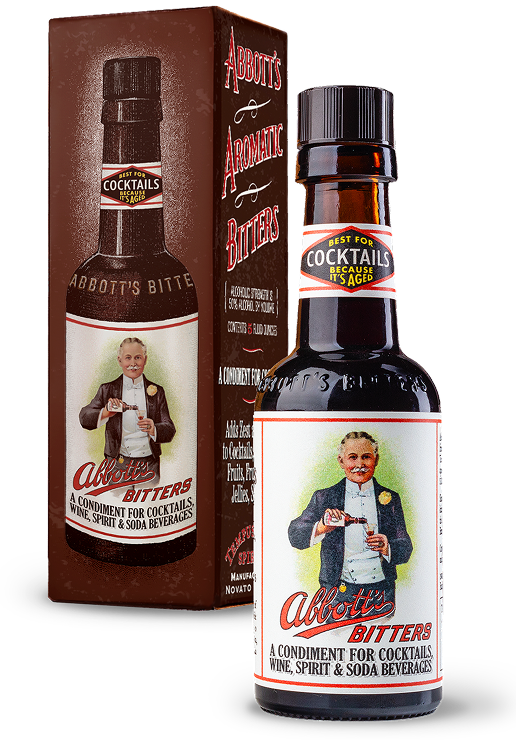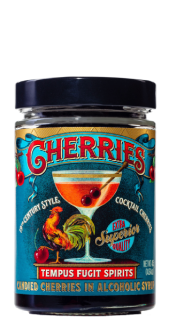Information

Tempus Fugit Spirts’ version of Abbott’s Aromatic Bitters is a true “Angostura Bark Bitters” recipe and represents over seven years of detailed research to faithfully recreate one of the most popular cocktail bitters in the world. We sourced numerous historic recipes and meticulously sampled our results against dozens of sealed, vintage bottles of Abbott’s Aromatic Bitters to ensure authenticity.
Abbott’s Aromatic Bitters comes in a reproduction of an original bottle from the early 20th Century with a pre-Prohibition era variant of the brand’s label art. Every bottle also comes in a reproduction box inspired by an original 1914 Abbott’s Aromatic Bitters box from the Tempus Fugit Spirits archives.
Tempus Fugit Spirits is proud to be the custodian of this venerable brand and is pleased to offer our complex and historic Abbott’s Aromatic Bitters to cocktail professionals and enthusiasts.
Abbott’s Aromatic Bitters is a non-potable flavoring and is not an alcoholic beverage.
The Brand

Tempus Fugit Spirits is dedicated to the glory of the well-made cocktail.
The goal is to source and recreate rare spirits and liqueurs from the pages of history to satisfy the demands of the most discerning connoisseur. Along with the world’s finest absinthes, Tempus Fugit was determined to seek out fine rare spirits that were once staples in classic pre-Prohibition cocktails, which have been lost over time. In most cases, Tempus Fugit recreated these liqueurs in-house using historic 19th-century protocols, many cross-referenced in several languages, to arrive as close in taste to these forgotten spirits as is possible, or surpass them. From rare fruit, flower and plant liqueurs to bitters, Amari, Vermouths and Chanati, Tempus Fugit prides itself in finding out what’s missing from the back bar of the most discerning bartenders.






